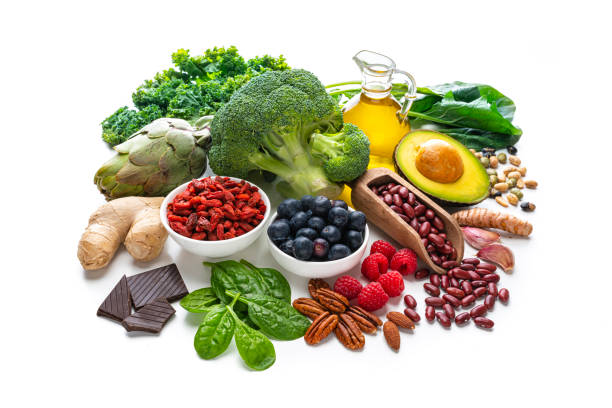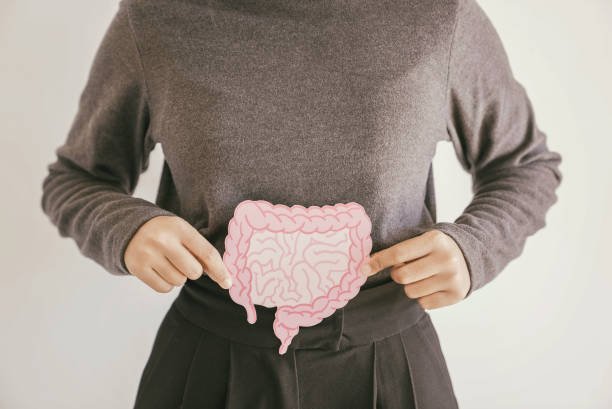Hangovers are a common aftereffect of consuming alcohol, leaving many people seeking ways to prevent or cure them. To effectively address this issue, it’s important to understand how alcohol affects the body and the potential consequences it can have on our health. By gaining this knowledge, we can take proactive steps to minimize the negative impact of alcohol and promote overall well-being.
Understanding the Effects of Alcohol on Your Body
Alcohol consumption can lead to various effects within the body, with the liver and brain being particularly vulnerable. Understanding these effects can help us make informed choices about our alcohol intake.
How Alcohol Affects Your Liver and Brain
The liver is responsible for metabolizing alcohol, but excessive consumption can overwhelm its capacity, leading to potential liver damage. The prolonged intake of large amounts of alcohol can result in liver diseases such as cirrhosis. Furthermore, alcohol has a profound impact on the brain. It impairs its normal functioning, leading to altered judgment, coordination, and even memory loss in some cases. Regular heavy drinking can lead to long-term cognitive impairment.
The Relationship Between Alcohol and Dehydration
Alcohol acts as a diuretic, causing an increase in urine production and subsequently leading to dehydration. This can manifest in symptoms like fatigue, headaches, and dry mouth. While enjoying alcoholic beverages, it’s crucial to be mindful of our hydration levels. By properly hydrating ourselves, we can mitigate the dehydrating effects of alcohol and reduce the likelihood of experiencing a hangover.
The Importance of Staying Hydrated
While alcohol can contribute to dehydration, maintaining adequate hydration levels is vital for overall health and well-being. Here, we explore the signs of dehydration and share tips for optimal hydration.
Signs of Dehydration You Shouldn’t Ignore
Dehydration can manifest in various ways, such as increased thirst, dry skin, dizziness, and dark-colored urine. Recognizing these signs allows us to take timely action and replenish our bodies with the vital fluids they need. By paying attention to our hydration status, we can better understand our bodies’ cues and make conscious choices to prevent dehydration.
Hydration Tips for Optimal Health
Ensuring proper hydration goes beyond simply drinking water. Consuming foods with high water content, monitoring our fluid intake, and incorporating hydrating beverages like herbal tea and fresh fruit juices can all contribute to better hydration.
- Include hydrating fruits and vegetables in your diet, such as watermelon, cucumbers, and citrus fruits. These not only provide essential vitamins and minerals but also help maintain hydration levels.
- Monitor your urine color to gauge your hydration status. Aim for a pale yellow or straw-like color, indicating adequate hydration.
- Set reminders or use hydration tracking apps to ensure you drink water regularly throughout the day.
Unveiling the Role of Iron in Your Diet
Iron is an essential mineral that plays a crucial role in various bodily functions. Understanding the importance of iron and incorporating it into our diet can contribute to overall health and well-being.
Iron-Rich Foods to Include in Your Meals
Ensuring an adequate intake of iron-rich foods can help prevent iron deficiency anemia and support optimal bodily function. Foods such as spinach, lentils, lean meats, and fortified cereals are excellent sources of iron. By incorporating these foods into our meals, we provide our bodies with the necessary iron to maintain energy levels and support the production of red blood cells.
How Iron Deficiency Can Impact Your Health
Iron deficiency can lead to fatigue, weakness, and impaired cognitive function. It is crucial to recognize the symptoms of iron deficiency and take proactive steps to address them. Consulting a healthcare professional and incorporating iron-rich foods or supplements into our diet can help alleviate the negative effects of iron deficiency and improve our overall well-being.
Harnessing the Power of Antioxidants for Wellness

Antioxidants are compounds that play a crucial role in protecting our bodies against oxidative stress and cellular damage. By including antioxidant-rich foods in our diet, we support our overall well-being and promote healthy aging.
Top Antioxidant-Rich Foods to Add to Your Diet
Fruits and vegetables abound with antioxidants, providing us with an array of options to choose from. Berries, dark leafy greens, nuts, and seeds are particularly rich in these beneficial compounds. By incorporating these foods into our diet, we provide our bodies with the necessary ammunition to combat harmful free radicals and support our cellular health.
The Benefits of Antioxidants for Skin Health
In addition to their internal health benefits, antioxidants also contribute to skin health. They help protect our skin from environmental damage, promote collagen synthesis, and maintain a youthful appearance. By consuming antioxidant-rich foods and using skincare products containing these beneficial compounds, we can nurture our skin from within and maintain a vibrant, healthy complexion.
The Gut-Healing Benefits of Probiotics

The digestive system plays a vital role in overall health, and maintaining a healthy gut is essential for optimal digestion and nutrient absorption. Probiotics, the beneficial bacteria residing in our gut, offer numerous benefits for our digestive well-being.
Incorporating Probiotics into Your Daily Routine
Probiotics can be obtained through various sources, including certain foods and supplements. Incorporating probiotic-rich foods like yogurt, sauerkraut, and kefir into our daily routine can help foster a healthy gut microbiome. Integrating these foods into our diet allows us to nurture the beneficial bacteria in our gut and support digestive health, leading to improved overall well-being.
How Probiotics Support Digestive Health
Probiotics promote a healthy balance of gut bacteria, aiding in digestion, reducing bloating, and alleviating symptoms of conditions such as irritable bowel syndrome. They can enhance our immune system, regulate bowel movements, and promote the absorption of nutrients. By prioritizing the inclusion of probiotics in our diet, we can optimize our digestive health and experience the numerous benefits associated with a healthy gut.
Maximizing Your Health Through Exercise
Physical activity is essential for overall health and well-being. Engaging in regular exercise not only helps manage body weight but also provides a myriad of physical and mental health benefits.
The Importance of Regular Physical Activity
Engaging in regular physical activity has numerous benefits for our cardiovascular health, bone density, mental well-being, and overall longevity. It improves our mood, reduces the risk of chronic diseases, and enhances our overall quality of life. Ultimately, understanding the effects of alcohol on our body and adopting strategies to prevent or cure hangovers helps promote optimal health and well-being. By staying informed and making conscious choices, we can enjoy the occasional drink while safeguarding our long-term wellness.